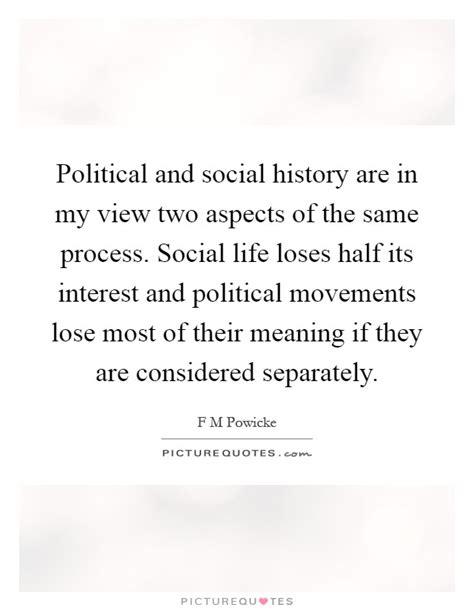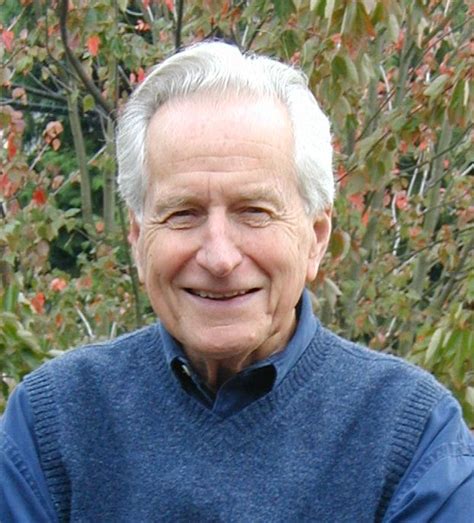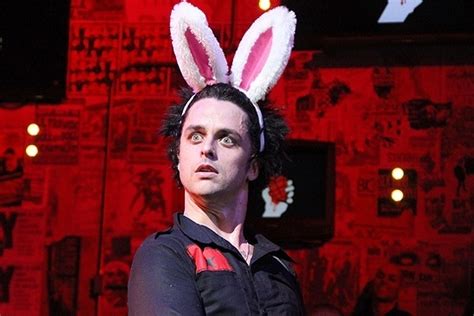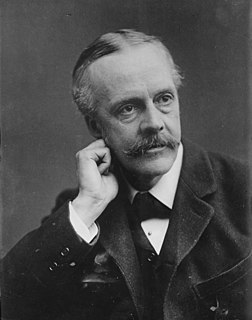A Quote by James H. Fowler
The Social Citizen is the best, most thorough, and most methodologically sophisticated treatment of the role of social networks in political behavior that I have ever read. Betsy Sinclair shows just how strongly we are influenced to express ourselves politically by our family, neighbors, and friends. We are on the verge of a sea change in political science, and this will be one of the most important books we refer to when we describe what happened to the discipline in the twenty-first century.
Quote Topics
Behavior
Best
Books
Century
Change
Citizen
Describe
Discipline
Ever
Express
Family
First
Friends
Happened
How
Important
Influenced
Just
Most
Neighbors
Networks
Our
Our Family
Ourselves
Political
Political Science
Politically
Read
Refer
Role
Science
Sea
Sea Change
Shows
Social
Social Network
Social Networks
Sophisticated
Strongly
The Most Important
Thorough
Treatment
Twenty
Verge
Will
Related Quotes
Regarding social order, [Francis] Fukuyama writes, "The systematic study of how order, and thus social capital, can emerge in spontaneous and decentralized fashion is one of the most important intellectual developments of the late twentieth century." He correctly attributes the modern origins of this argument to F. A. Hayek, whose pioneering contributions to cognitive science, the study of cultural evolution, and the dynamics of social change put him in the forefront of the most creative scholars of the 20th century.
It is certainly true that conservative Christians are much more likely to doubt the reality of climate change than mainline Christians or the unaffiliated. But when we control for political affiliation and for the important role of thought leaders in determining our opinions on social issues such as climate change, most of the faith-related bias disappears.
Statistics is the most important science in the whole world: for upon it depends the practical application of every other science and of every art: the one science essential to all political and social administration, all education, all organization based on experience, for it only gives results of our experience.
The most controversial issues of the twenty-first century will pertain to the ends and means of modifying human behavior and who shall determine them. The first educational question will not be 'what knowledge is of the most worth?' but 'what kinds of human beings do we wish to produce?' The possibilities virtually defy our imagination.
For me, what is political is very personal. Politics are not this abstract idea. Laws are the rules that dictate how we live our lives. What we eat is political. How we dress is political. Where we live is political. All of these things are influenced by political decision-making, and it's important to be part of the process.
But science is the great instrument of social change, all the greater because its object is not change but knowledge, and its silent appropriation of this dominant function, amid the din of political and religious strife, is the most vital of all the revolutions which have marked the development of modern civilisation.
I think that speaking is the most important thing we can do, but let's talk about what it means to speak effectively. We can talk in an echo chamber to our friends on social media and otherwise - and that's important, that's how we encourage and educate one another.But speech that leads to action is critical. And it doesn't sound very sexy, but one of the most important ways to speak in a way that makes an impact is to vote. Speaking at the ballot box is the most important place that we speak.
Political philosophy is realistically utopian when it extends what are ordinarily thought to be the limits of practicable political possibility and, in so doing, reconciles us to our political and social condition. Our hope for the future of our society rests on the belief that the social world allows a reasonably just Society of Peoples.
Social thinking requires very exacting thresholds to be powerful. For example, we've had social thinking for 200,000 years, and hardly anything happened that could be considered progress over most of that time. This is because what is most pervasive about social thinking is 'how to get along and mutually cope.'
Even those who specialize in the history of philosophy often ignore the political and cultural context, and the natural world in which their philosophers were philosophizing. This has consequences both trivial and important. If you systematically read the last fifty years of the major journals in our discipline you would be amazed at the amount of redundancy. Most of this is unacknowledged because most of us know so little about the history of our discipline and even the subfields in which we work.





































